How To Help Pollinators and Why It's Important: The Ultimate Guide
As the world’s population continues to grow, the demand for food and other resources increases, which means we need to rely more heavily on nature’s pollinators to sustain our ecosystems. However, many pollinators are facing serious threats from habitat loss, pesticide use, and climate change, making it critical for us to take action to protect them. It's never been more important to learn how to help pollinators.
In this ultimate guide, we’ll explore what you can do to help pollinators thrive and preserve these vital species for generations to come, and why it's so important.
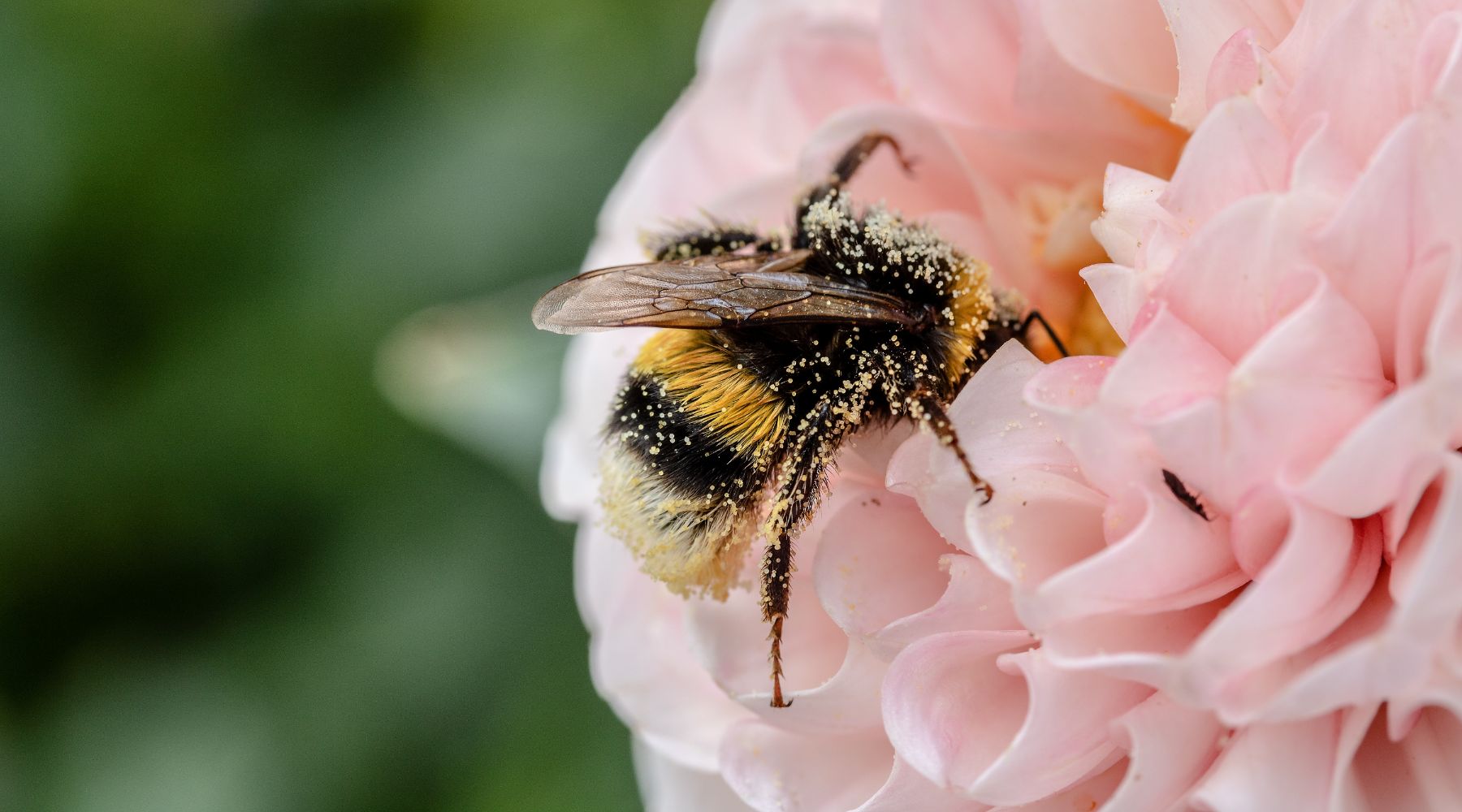
Pollinators: What Are They, How Can We Help Them & Why is it Important?
Types of Pollinators
There are a wide variety of pollinators, each with unique characteristics and behaviors. Examples of pollinators include:
Bees
Perhaps the most well-known pollinators, and for good reason – they’re incredibly efficient at collecting nectar and pollen. Bees come in many different species, in fact there are thousands of bee species worldwide! Here in the US alone, there are several thousand, but there are certain types that are well-known and easily spotted.
Find out more about 5 types of bees found in the US and how you can tell the difference between native bees and honey bees.
Butterflies
Another common pollinator, known for their delicate wings and brightly colored patterns. Butterflies are also important indicators of ecosystem health, as they are highly sensitive to changes in habitat and climate. Unfortunately, the plight of these important pollinators can be demonstrated by the announcement that as of July 2022, the migratory monarch butterfly is classed as endangered.
Learn about the incredible monarch butterfly fall migration that takes place every year.
Hummingbirds
Known for their ability to hover in mid-air, hummingbirds are fascinating creatures, and certainly a pretty pollinator to spot. These beautiful birds make wonderful mascots for pollination due to their stunning colors and dainty appearance.
Bats
Incredibly important to our ecosystems, bats have many benefits, including their ability to aid pollination. Often not one of the most well-liked pollinators, but we hope to change this!
Wasps
Not as well known for their pollinating role as bees, wasps are indeed pollinators and benefit the environment.
Read more: 8 Common Pollinators We All Need

Why Should We Help Pollinators?
Pollinators are critical to the health and sustainability of our ecosystems. Without them, many of the plants that provide us with food and other resources would not be able to reproduce.
Food Production
Pollinators are responsible for the reproduction of many of the crops that we rely on for food. It's estimated that pollinators are responsible for pollinating over 75% of the world's food crops, including fruits, vegetables, and nuts.
Biodiversity
By helping to pollinate a wide variety of plants, pollinators ensure that different species can reproduce and thrive. This, in turn, helps to support a diverse range of animals and insects that depend on these plants for food and habitat.
Economy
Pollinator-dependent crops contribute billions of dollars annually to the global economy. This includes crops such as coffee, cocoa, and almonds, which rely heavily on pollinators for their reproduction.
Ecosystem Services
Pollinators provide a wide range of ecosystem services beyond food production, including nutrient cycling, soil formation, and water regulation. These services are essential to the health and sustainability of our ecosystems, and help to support a wide range of plant and animal species.

Threats Facing Pollinators
Unfortunately, many pollinator species are facing serious threats, including the following:
Habitat Loss
The destruction of natural habitats like forests, meadows, and wetlands, for agricultural and urban development, has significantly reduced the available food and nesting resources for pollinators.
Pesticides
Pesticides can kill pollinators or affect their behavior, making it harder for them to find food or return to their hives or nests. Even low doses of pesticides can affect their reproductive success and weaken their immune system, making them more vulnerable to diseases.
Climate Change
Climate change is altering the distribution and abundance of plants that rely on pollinators for fertilization. Changes in temperature, rainfall, and weather patterns can affect the timing of flowering, which can disrupt the synchronicity between plants and pollinators. This can lead to reduced pollination rates and decreased fruit and seed production.
Invasive Species
Invasive plant species can outcompete native plant species and reduce the availability of food for pollinators. They can also disrupt the plant-pollinator relationship by producing flowers that are not suitable for pollinators or by producing flowers at the wrong time of year.
Disease and Parasites
Pollinators can be affected by diseases and parasites that can reduce their lifespan, reproductive success, and overall fitness. For example, White-Nose Syndrome is one of the most serious threats to bats that's had a devastating impact on bat populations.

How You Can Help Pollinators
Fortunately, there are many ways we can all help pollinators. Together, we can help to make a difference.
Create a Pollinator-Friendly Garden
One of the easiest and most effective ways to support pollinators is to create a pollinator-friendly garden. Choose native plants that provide nectar and pollen throughout the year, and avoid using pesticides and herbicides that can harm pollinators.
Helping pollinators is one of many benefits of using native plants in your garden.
Check out our posts offering tips for creating gardens that help individual pollinators:
- Bees: 6 Ways to Create a Bee-Friendly Garden
- Hummingbirds: How to Create a Hummingbird Garden
- Bats: How to Create a Bat-Friendly Garden

Provide Nesting Sites
Many species of pollinators need nesting sites to reproduce and survive. Consider adding nesting boxes or planting shrubs that provide shelter and nesting materials for pollinators.
Support Local Farms
Buying from local farms and farmers’ markets helps support sustainable agriculture practices that benefit pollinators. Look for farms that use organic or pesticide-free farming methods and support pollinator habitat conservation.
Reduce Your Carbon Footprint
Climate change is one of the greatest threats to pollinators, so reducing your carbon footprint can help mitigate this threat. Simple actions like walking or biking instead of driving, reducing energy consumption, and eating a plant-based diet can all help reduce greenhouse gas emissions.
Advocate for Pollinator Protection
Advocacy and policy change are critical for protecting pollinators. Contact your local and national representatives to express your support for pollinator protection legislation and advocate for stronger regulations on pesticide use.
Educate Others
Spread awareness about the importance of pollinators and the threats they face. Share information with your friends and family, make use of social media, and consider volunteering with local organizations that work to protect pollinators.
Our Pollinator Collection allows you to send a message that pollinators are important by what you wear. We’re proud to support Pollinator Partnership – they’re just one of the environmental nonprofits we donate to for every item purchased through our shop. We also fund the planting of trees with each order at BecauseTees.com via Eden Reforestation Projects.
Pollinators are essential to the health and sustainability of our ecosystems, as well as to our food production and economy. By taking steps to protect and support pollinators, we can help ensure that these vital species continue to thrive for generations to come. We all have a role to play in protecting pollinators and ensuring the health of our ecosystems.

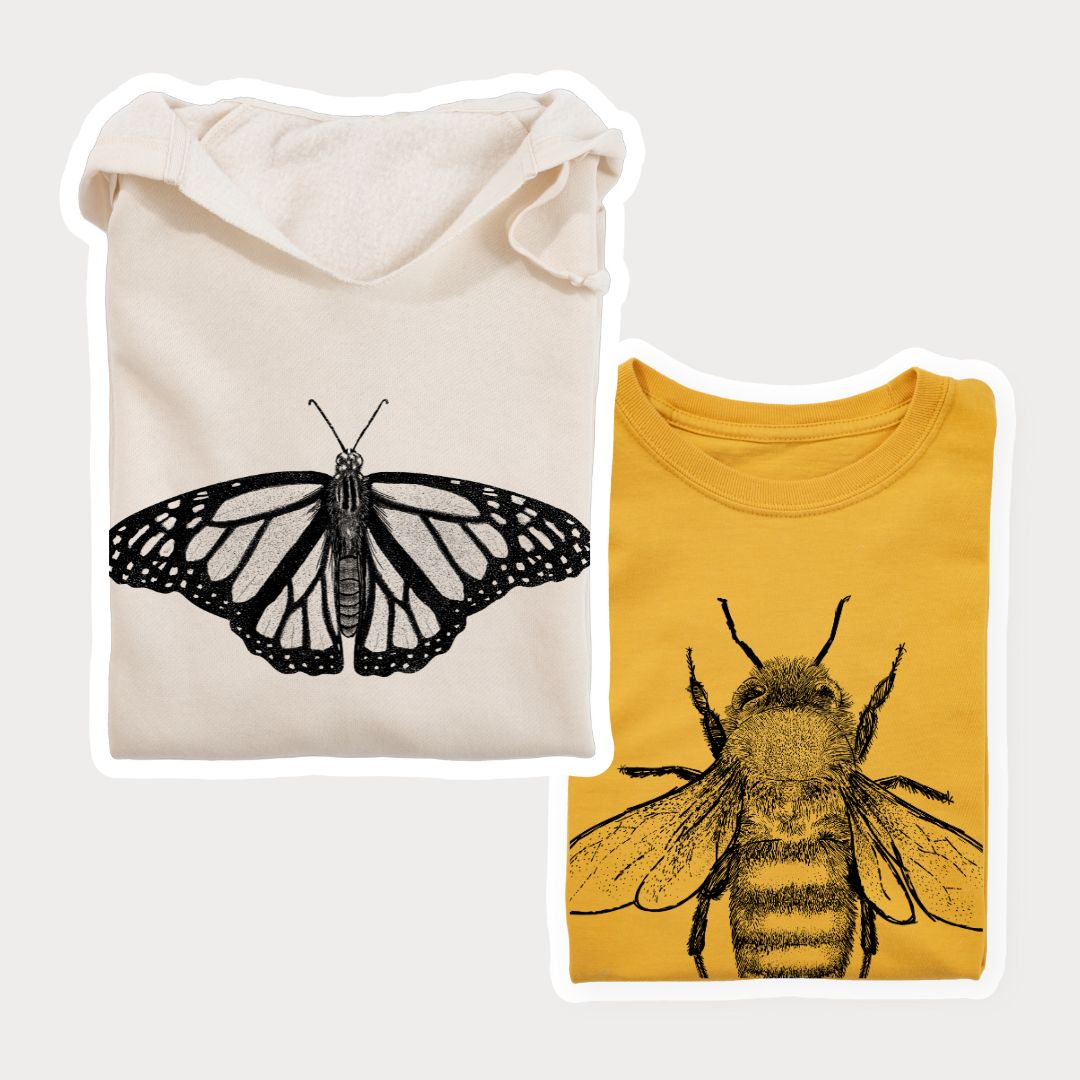

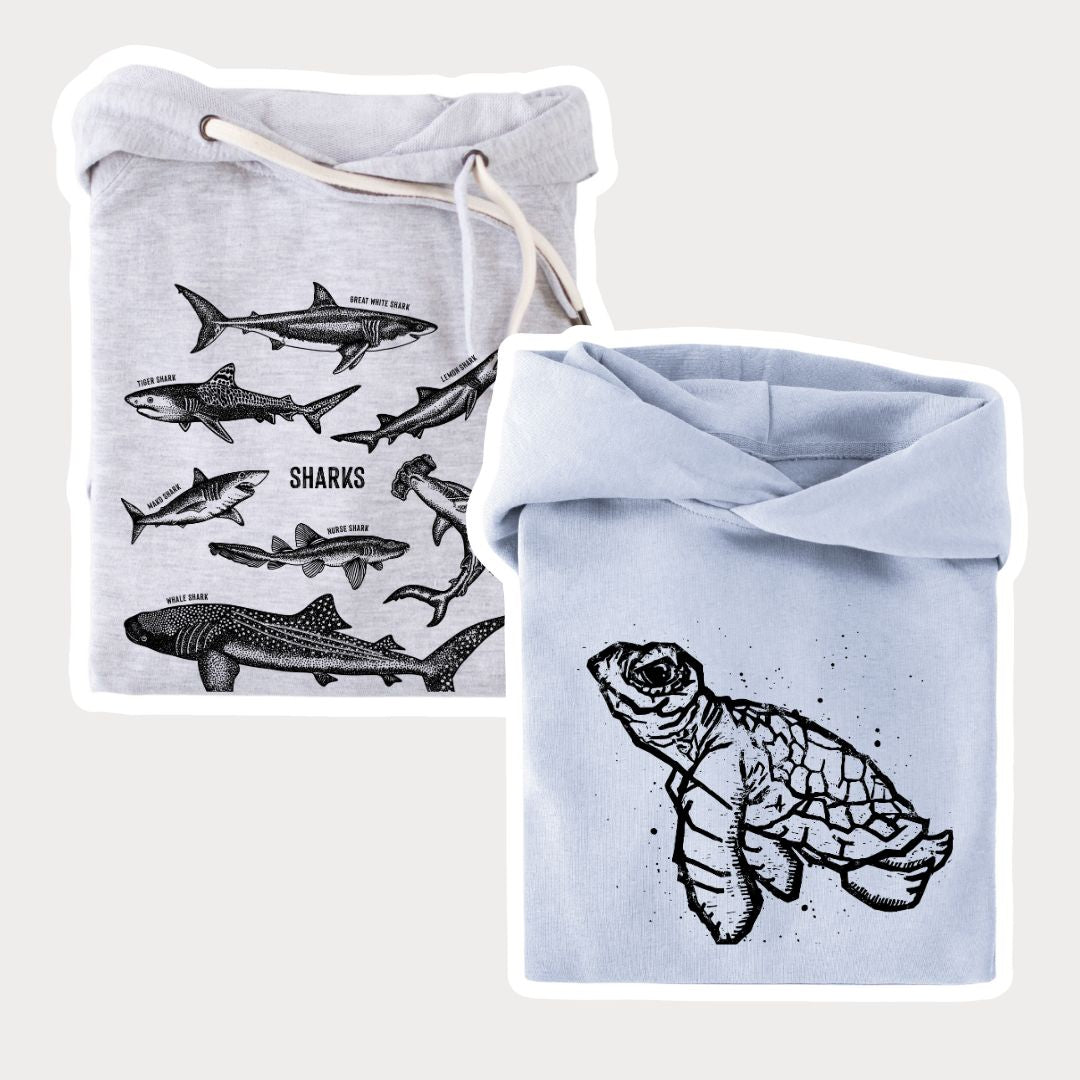
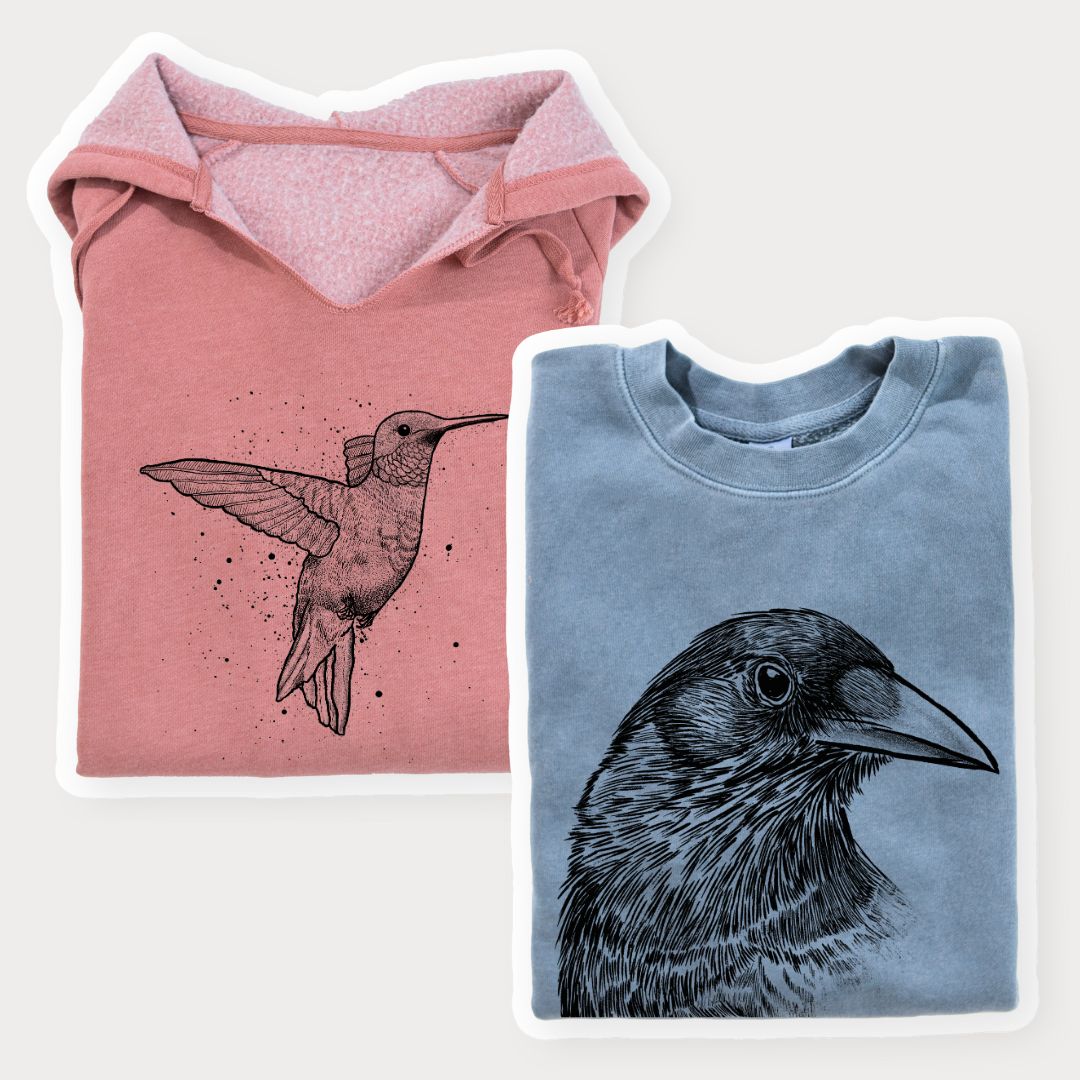
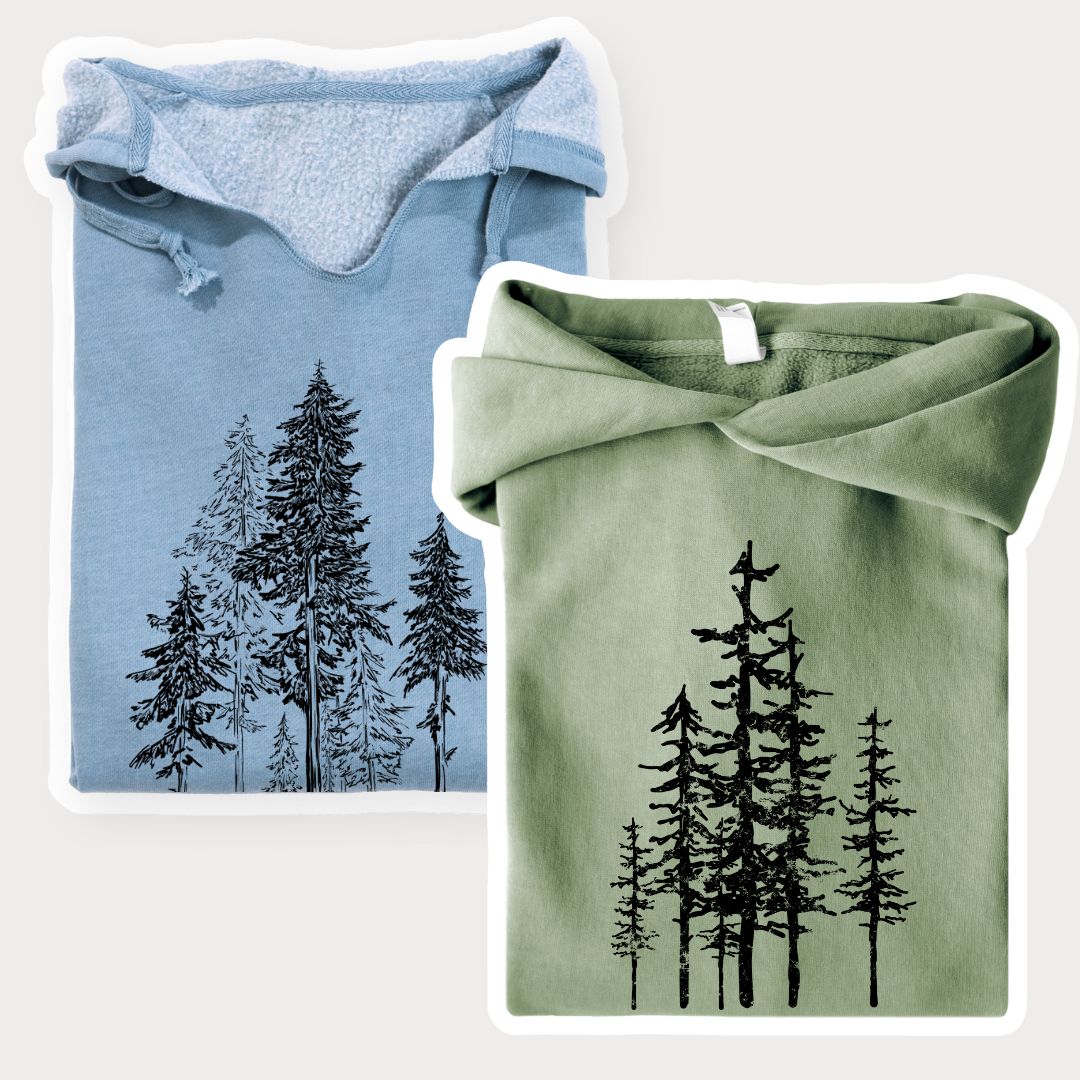
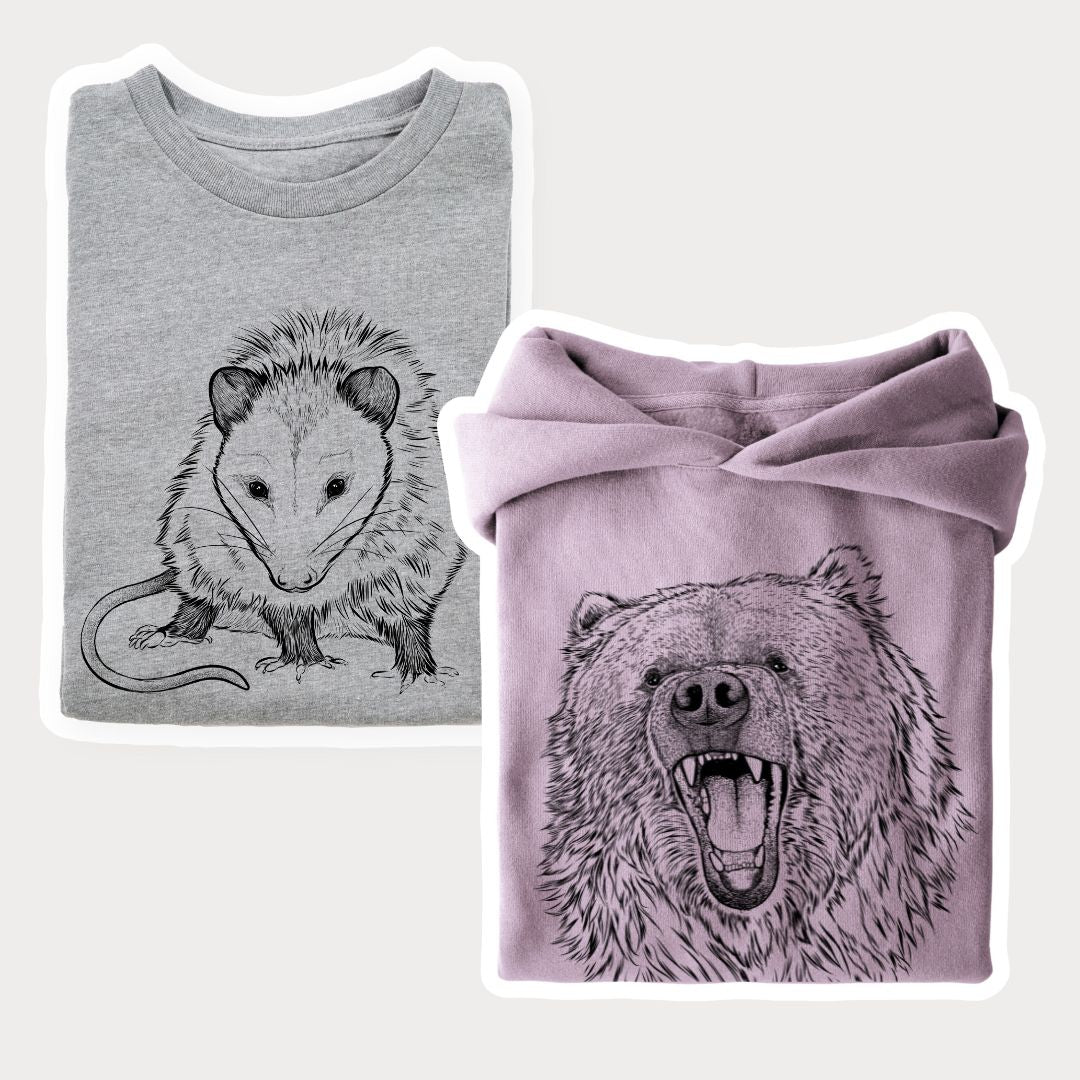


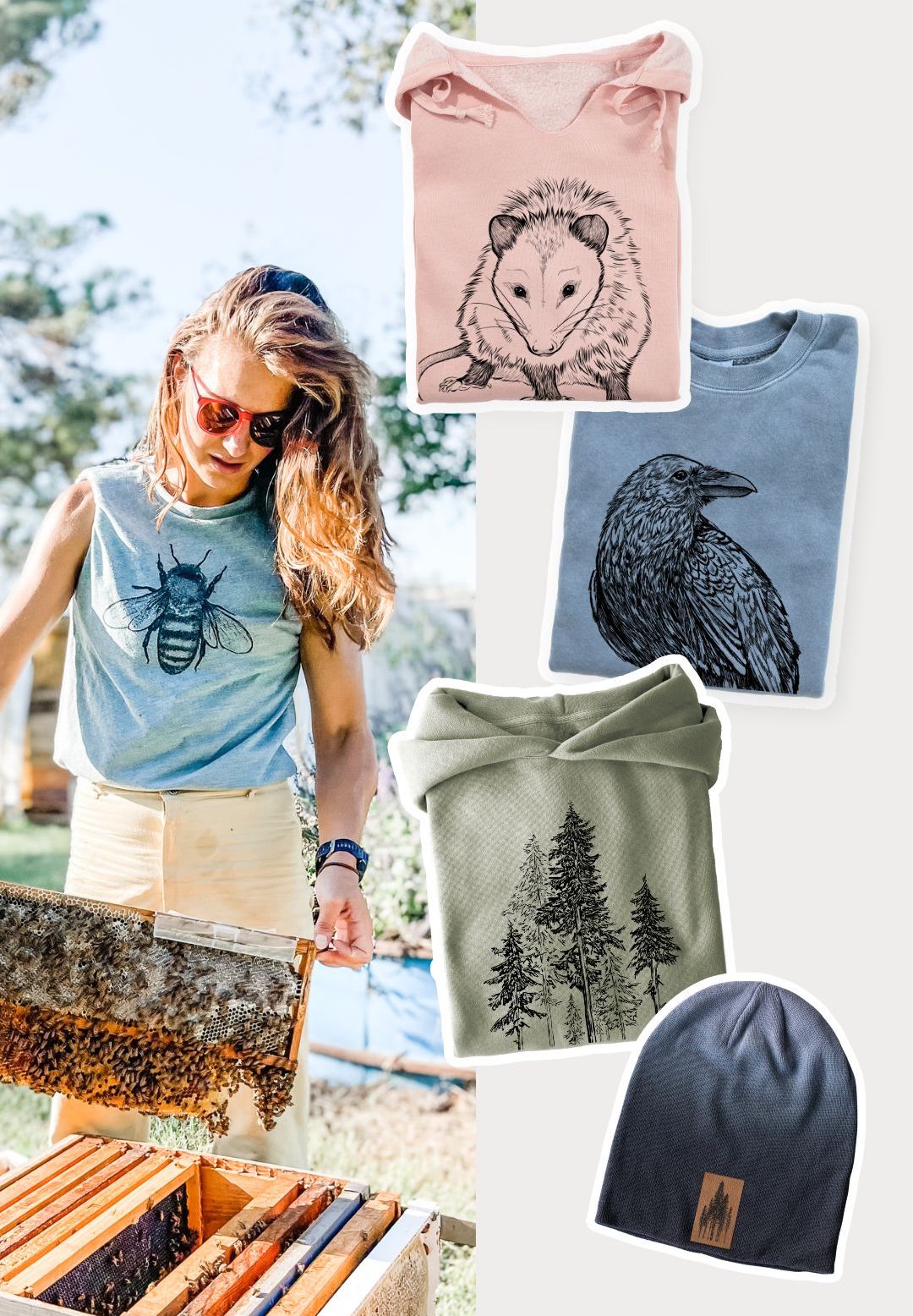
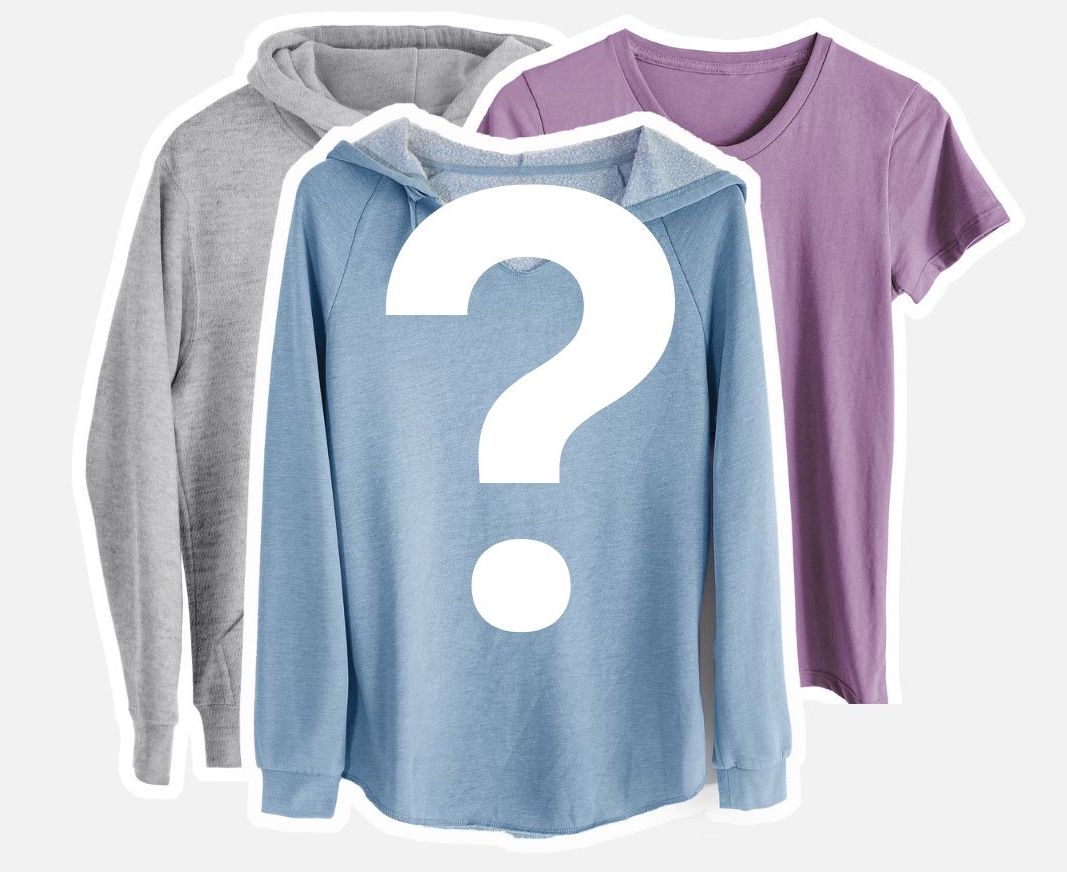
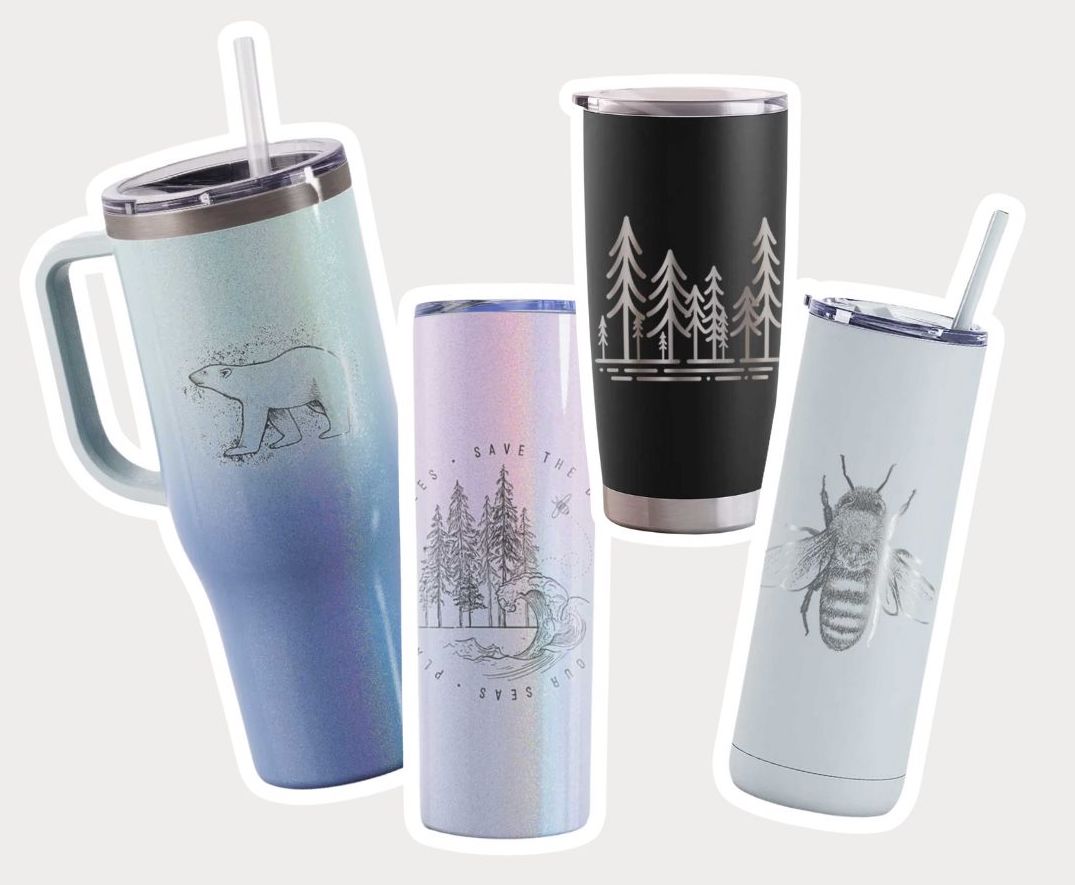

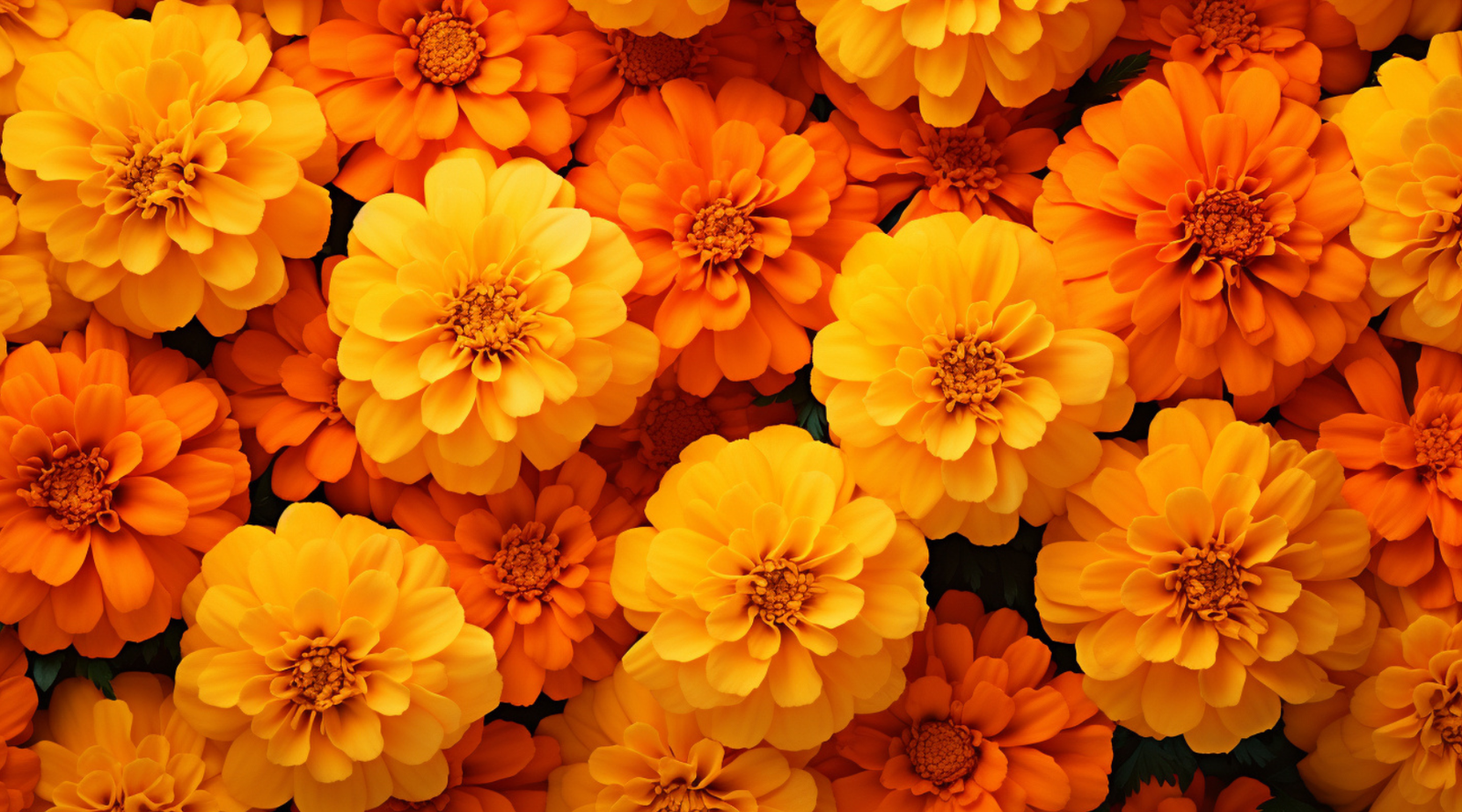
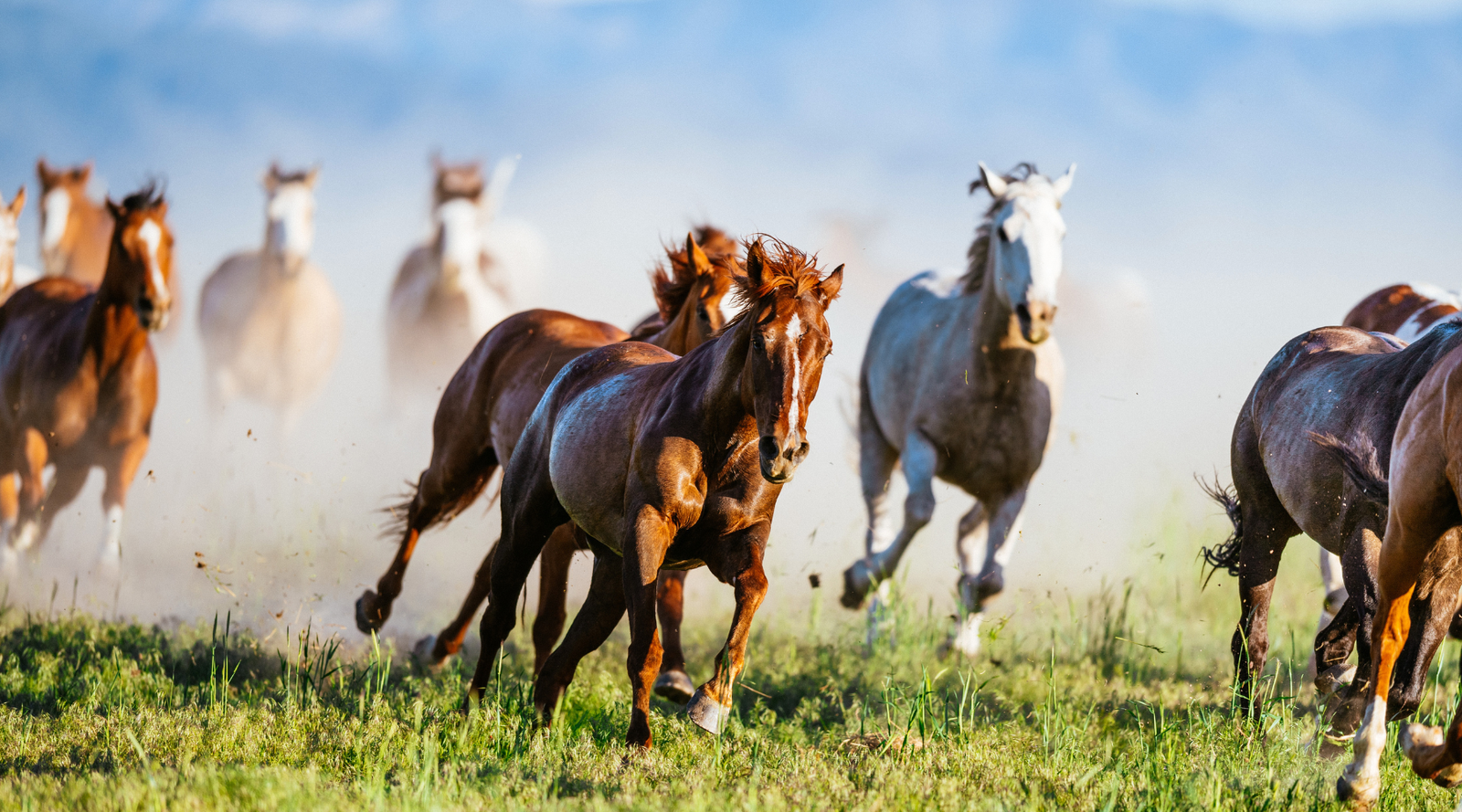
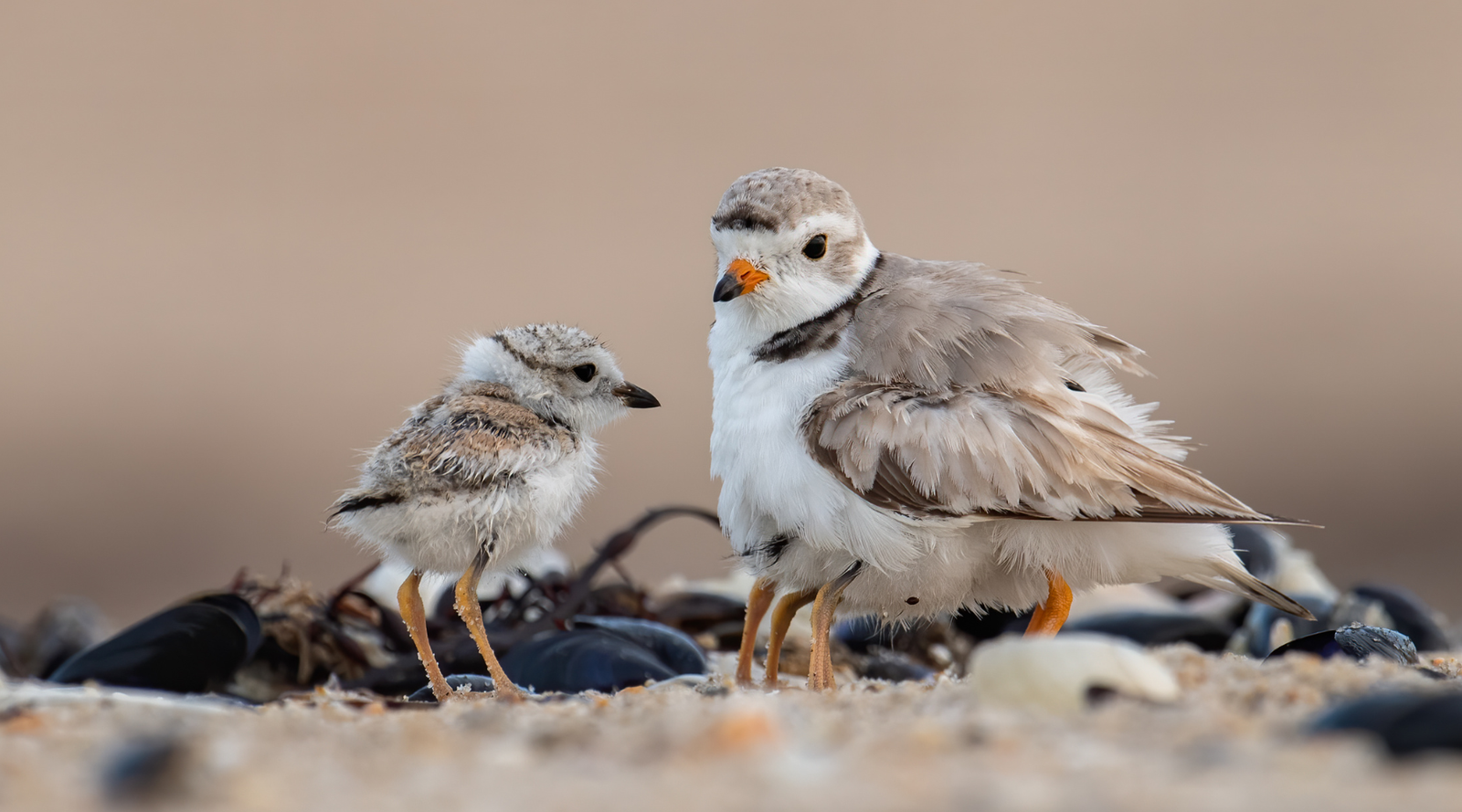
Leave a comment (all fields required)